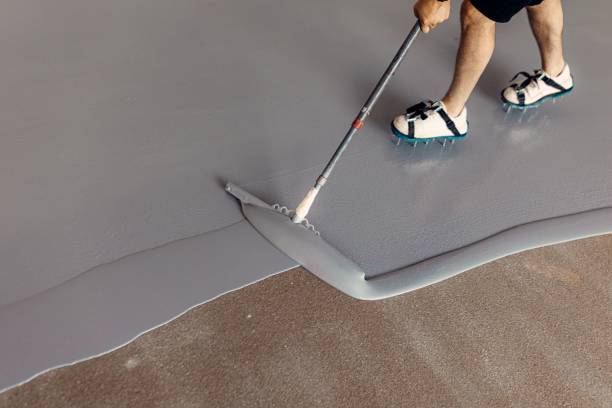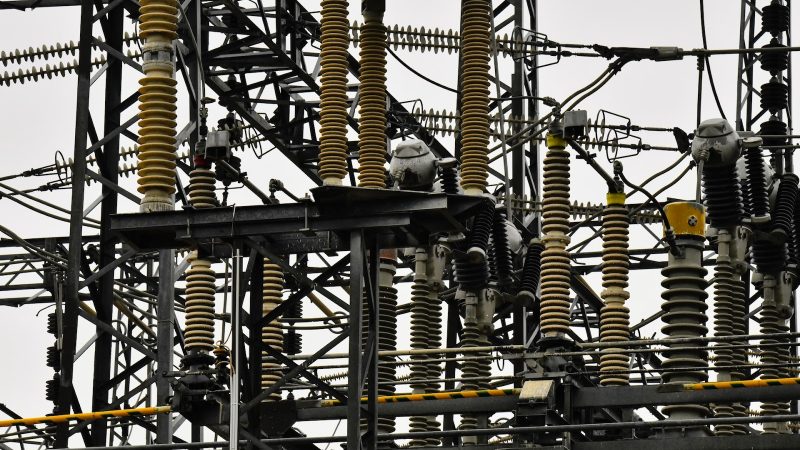Fixed Deposits vs Savings Account: Which is better?

Developing a habit of saving at an early stage of life is beneficial. Individuals can have sufficient savings over time that can be used to meet financial requirements at various stages of life. They can fulfil their immediate needs and financial goals with their savings.
Individuals look for options to keep their savings safe. Fixed deposits (FDs) and savings accounts are secure investment options considered by most individuals. These options come with the opportunity of earning decent returns, irrespective of turbulence in the market.
However, storing all your funds in a savings account is not wise. Therefore, most individuals park their surplus funds in fixed deposits. Fixed deposits offer stable returns with safety. Consequently, it makes them a preferred investment choice for most individuals.
Why do you need a Savings Account?
A savings account is the most basic type of account and liquid investment with a bank for individuals. A savings account keeps your money safe with the bank. You need not take it around or hide it in safes at home. You can withdraw funds whenever you need to meet immediate financial requirements. Banks offer interest on savings accounts but at a lower interest rate.
You need a savings account to save money from theft or misplacement, pay bills and other payments and receive payments, make online investments, etc. It is easy to use them to make online transactions.
Why prefer Fixed Deposit over Savings Account?
You can invest your spare money in a fixed deposit to keep them safe and let it earn for you.
FDs are low-risk investments in the fixed-income market. A fixed deposit is an instrument with banks where an individual can invest a lump sum amount. You can choose an FD tenure as per your financial needs. The interest rate on the deposit will remain the same over the tenure and unaffected by the market forces for the entire term. The interest income can be received periodically or at maturity as per the investor’s choice. Therefore, it is a safe investment option for generating regular income.
Here are the primary reasons why investors prefer FDs over savings accounts:
- Attractive Rate of Interest
Your invested money in an FD can offer you higher and more significant returns than your savings account. It can give you a considerable return even if it is a short-term FD. A long-term depositor can see a high growth graph of their invested capital in a fixed deposit at the best rates. It can go as high as 6.65%.
- Fixed Returns without Impacts of Market Fluctuations
Depositors can grow their savings with minimal risk of market fluctuations. Once you have invested your funds in an FD, it will remain unaffected by market fluctuations. Your hard money will grow and support you to meet your financial goals. Unlike other investments, you can know the exact returns using an FD calculator.
- The Additional Interest Rate on Senior Citizen FDs
A savings account gives interest at the same rate to everyone. When it comes to fixed deposits, many banks offer an additional interest rate to senior citizens above 60 years. They can enjoy more returns on a fixed deposit at the best rates than non-senior citizens.
- FD Promotes the Habit of Savings
You can withdraw money from your savings account anytime and anywhere. FDs come with a lock-in period. It limits the depositors from withdrawing money unnecessarily. A savings account can be detrimental to your objective of wealth appreciation. Therefore, you can save more in an FD and get compounded interest.
- Periodic Regular Interest Payouts
FDs offer you to choose a periodic interest that can be a tremendous financial support to senior citizens. They can open a non-cumulative FD account and select the option of monthly or quarterly interest payouts. If you do not need regular interest payouts, you can start a cumulative FD and receive the entire money with compounded interest.
- Inflation
Inflation erodes the value of your hard-earned money. Therefore, you need an investment that can counter inflation. Keeping money idle or in a savings account cannot help you get inflation-adjusted returns. You can yield much higher with an FD to reduce the effect of inflation on your capital.
Thus, FDs are flexible and can be customised to meet your financial needs and goals. You can choose a tenure between 7 days to 20 years with banks. Even if it is a long-term goal, like a retirement corpus or your child’s education abroad, an FD can help you to meet it effortlessly.
Banks offer many types of FDs to cater to different customers. It can be a regular one, tax-saving FD, Flexi FD and others. You can see the growth of your funds in an FD at a higher interest rate than in a savings account.
Read more blogs – gxmagazine






